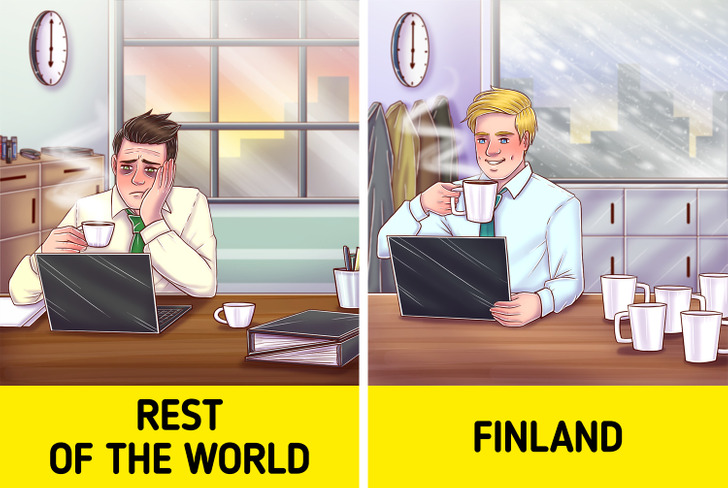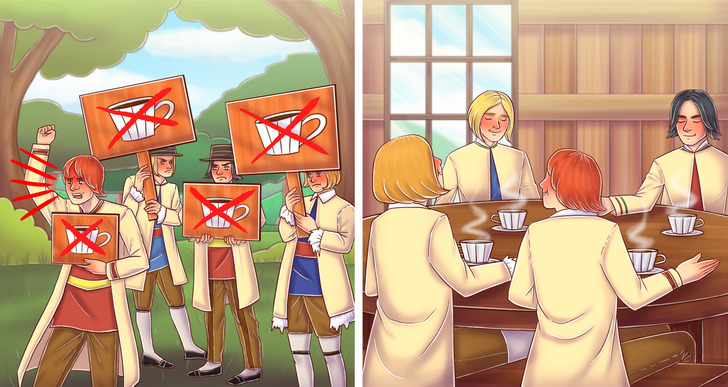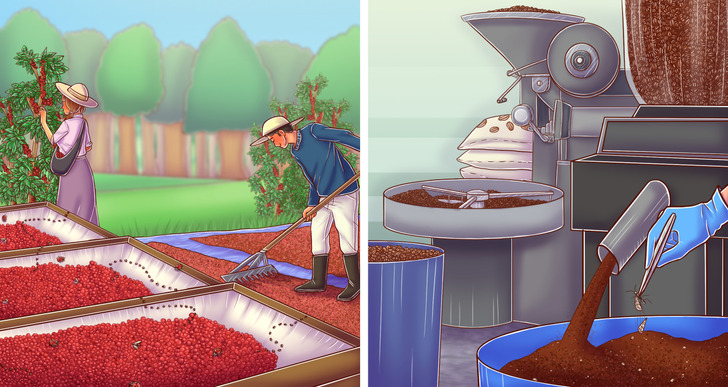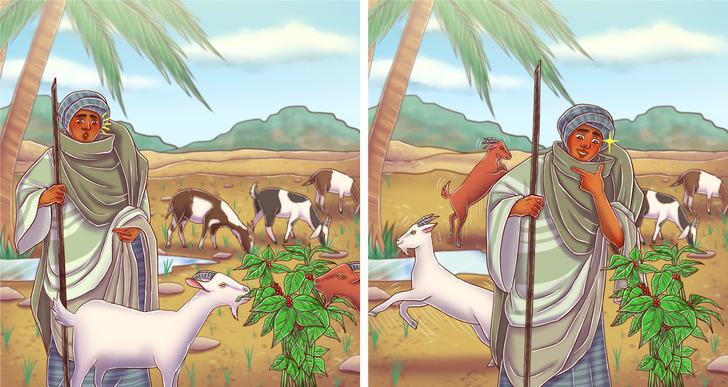Catherine Zeta-Jones’ Daughter Recreates Her Mom’s Iconic 1999 Look for 21st Birthday Party


If you believe that everyone shares your love for coffee worldwide, you’re only partly right. While many people favor coffee for their daily wake-up ritual, the most consumed beverage globally, after water, is tea. So, while this is just one intriguing fact about coffee, numerous surprising details might make you view your coffee from a different perspective.

Brazil, Vietnam, and India top the list as the world’s largest coffee producers. However, in terms of consumption, Finland holds the title as the highest coffee-drinking nation, with most Finns consuming 12.5 kg (27.5 lbs) of coffee per year. The only other country surpassing 10 kg (22 lbs) of coffee consumption annually is Sweden.

Throughout history, leaders have attempted to ban coffee multiple times, deeming it rebellious to popular sentiment. Instances include the 16th century in Mecca and Italy. However, each time, there was always someone in power who cherished coffee too much for the ban to succeed. Even in the 18th century, Sweden tried to prohibit it, but coffee persisted and remains a staple.

The world’s most expensive coffee, Kopi Luwak, is derived from coffee beans found in the feces of the Asian palm civet in Indonesia. This animal selects only the ripest coffee berries, and after digestion, excretes partially digested and somewhat fermented beans. These beans are then collected, washed, roasted, and ground.
Regrettably, while this process used to occur in the wild, the soaring demand has led coffee plantations to confine these cat-like creatures in cages. Unfortunately, many of these operations do not adhere to proper animal safety or hygiene standards.

In the past, coffee was considered a potential carcinogen and associated with cancer. However, contemporary studies indicate that individuals who moderately consume coffee, around 1-4 cups a day, often experience a longer lifespan. Additionally, there’s an 8-15% decrease in the risk of death, and other research suggests that coffee drinkers enjoy better cardiovascular health.

According to regulations from various food agencies, including the FDA, there are allowances for certain defects in the food we consume, including coffee. According to FDA regulations, coffee powder is permitted to have up to 10 mg of insect parts, animal feces, or hair per pound (450 g). Additionally, about 4-6% of beans, by count, are allowed to be infested or moldy.

If you’re looking to reduce your breast size, a new study suggests that caffeine, found in coffee, may be a potential solution. The research indicates that caffeine could decrease breast size in women, and the impact is more significant with higher coffee consumption. However, this effect is reportedly linked to a specific gene, meaning only certain women may experience this unexpected benefit.

If you’ve ever relieved a headache with a cup of coffee, you’ve essentially used caffeine as an effective painkiller, a practice also adopted by pharmaceutical companies. If you inspect the ingredients of common over-the-counter painkillers, you’ll find that many of them include caffeine. This addition can enhance the effectiveness of these medications by up to 40%.

Legend has it that a goat herder from Ethiopia named Kaldi stumbled upon coffee when he noticed his goats staying awake at night after eating berries from a certain tree. Kaldi shared this observation with the abbot of a nearby monastery, who also experienced the energizing effects of the berries. This led to the cultivation and spread of coffee. Historically, coffee cultivation and trade started on the Arabian Peninsula around the 15th century.

While a caffeine overdose is extremely rare, it is possible if a substantial amount of caffeinated drinks is consumed in a short period, roughly equivalent to around 30 cups of coffee. However, unpleasant effects like jitters, insomnia, and irritability can occur with an intake exceeding 400 mg of caffeine. Achieving this level would require consuming between 4-8 cups of coffee, depending on their strength.

If you savor the taste of coffee more than the caffeine kick, it’s essential to note that decaf coffee may still contain caffeine. On average, a decaffeinated cup of coffee contains around 7 mg of caffeine, compared to the 70-140 mg found in a regular cup. Therefore, if you’re allergic to caffeine or aiming to eliminate it entirely from your diet, decaf might not be the ideal choice, and caffeine-free substitutes would be more suitable.
Just as your cup of coffee provides the perfect pick-me-up in the morning, get ready to rev up your driving experience with 12 essential car hacks that will make every journey smoother and more enjoyable. Stay tuned for our next article as we unveil the secrets to transforming your time on the road!











